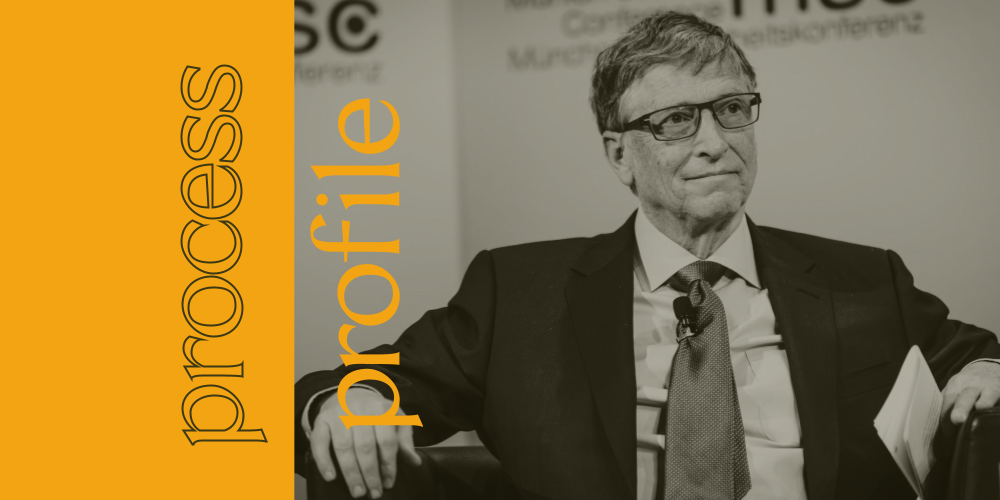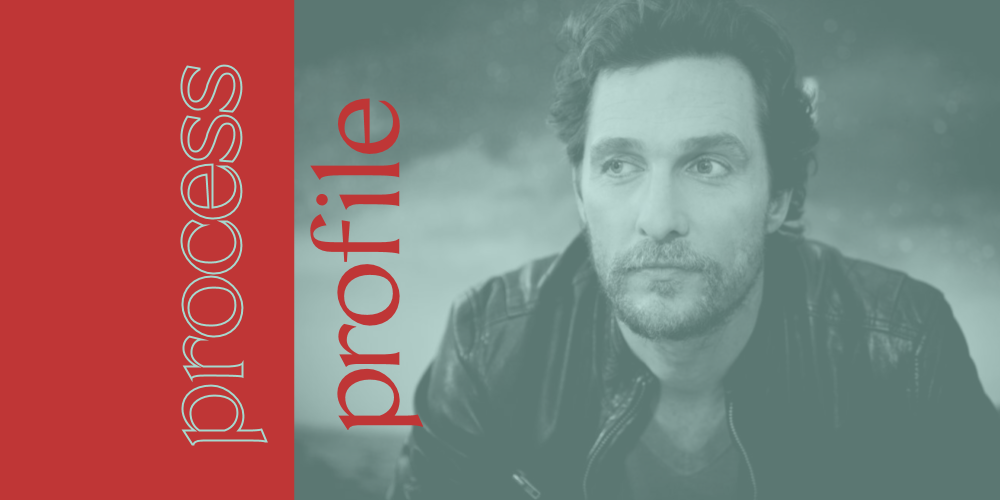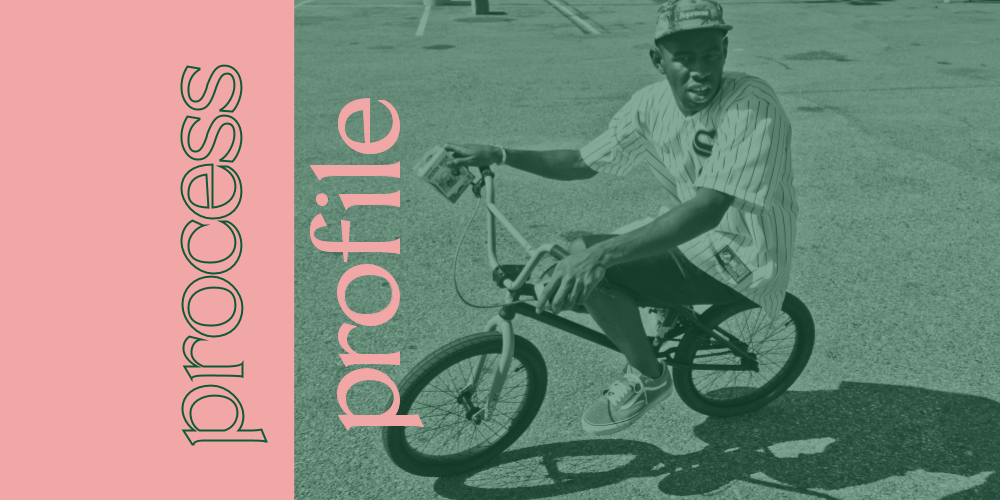
3 things we learned from Bill Gates' productivity process
For one of the world’s most productive and creative people, Bill Gates’ process is meticulous, to say the least. When he’s not steadfastly managing his time across many projects, he spends two weeks a year on creative retreats he calls “think weeks”.
“A couple of times a year I go away for a think week, during which I read books and other materials my colleagues believe I should see to stay up to date.”
Bill Gates is notorious for his accomplishments that need no introduction. Over the last 46 years, Gates has made a huge impact in the world both in his technological and philanthropic pursuits. It takes a lot of creativity to be innovative at his level — having insights and acting on that far ahead of any other competitor. Beyond intelligence, to achieve his level of success Gates is very productive with his time and energy. Here are 3 ways that Bill Gates remains creative and productive, even with all the demands on his time.
Process for protecting time
In an interview with Charlie Rose, Bill Gates discussed the importance of time. He mentioned that “time is the only commodity money can’t buy” and that no matter what line of work you’re in there will always be people that are demanding of your time. That can land you in the same place Gates found himself; packing his day down to the smallest increment. This caused stress for Gates. Yet, one of the most valuable things one can spend time on is time to think.
Process for researching and ideating
If you’ve watched the Netflix series Inside Bill’s Brain, you’ll have come across his now-infamous Think Weeks. This practice has been a ritual for Gates over the last 20-30 years. Twice a year for a week at a time, Gates heads to a cabin in the woods for a retreat. Away from the demands of his business and foundation, he sets out to read and think, without the attention of people close to him. His sole focus is to learn and pontificate. This time away is incredibly productive for him and where he comes up with some of his best ideas. Early on in this practice, while still at Microsoft, Gates would read papers on the future of technology. On one of these trips, he thought that the internet would greatly impact the world and thusly developed Internet Explorer. Think of the browser what you will, being a leader in the space came from the uninterrupted time to think. And with his creative and engineer mind, he has the space to imagine.

Process for building endurance
With all the demands on his time and big problems to solve with the Bill and Melinda Gates Foundation, one can imagine that burning the midnight oil is par for the course. That is not the case with Bill Gates. He swears by the fact that getting a good night’s sleep amplifies his creativity levels and keeps him sharp throughout the day. He’s not alone. There are many studies backing up the fact that when you’re well-rested, you’re of course more alert and your brain can process and retain information better.
Bill Gates has the privilege of being one of the world’s wealthiest men. And that may make his methods seem out of reach. However, the basis of productivity can be applied in almost anyone’s life. From ensuring you get the rest you need (7-8 straight hours or include naps in your day), to protecting time for what is important in your creativity, to removing distractions and giving yourself room to learn and think. These tips can be applied to your practice to great benefit too.
The Process Profile Series explores the behind the scenes work of innovative people. We’ll dive deep into their routines, habits, customs and processes for ideating.
Get practical tips for the creative process straight to your inbox.

